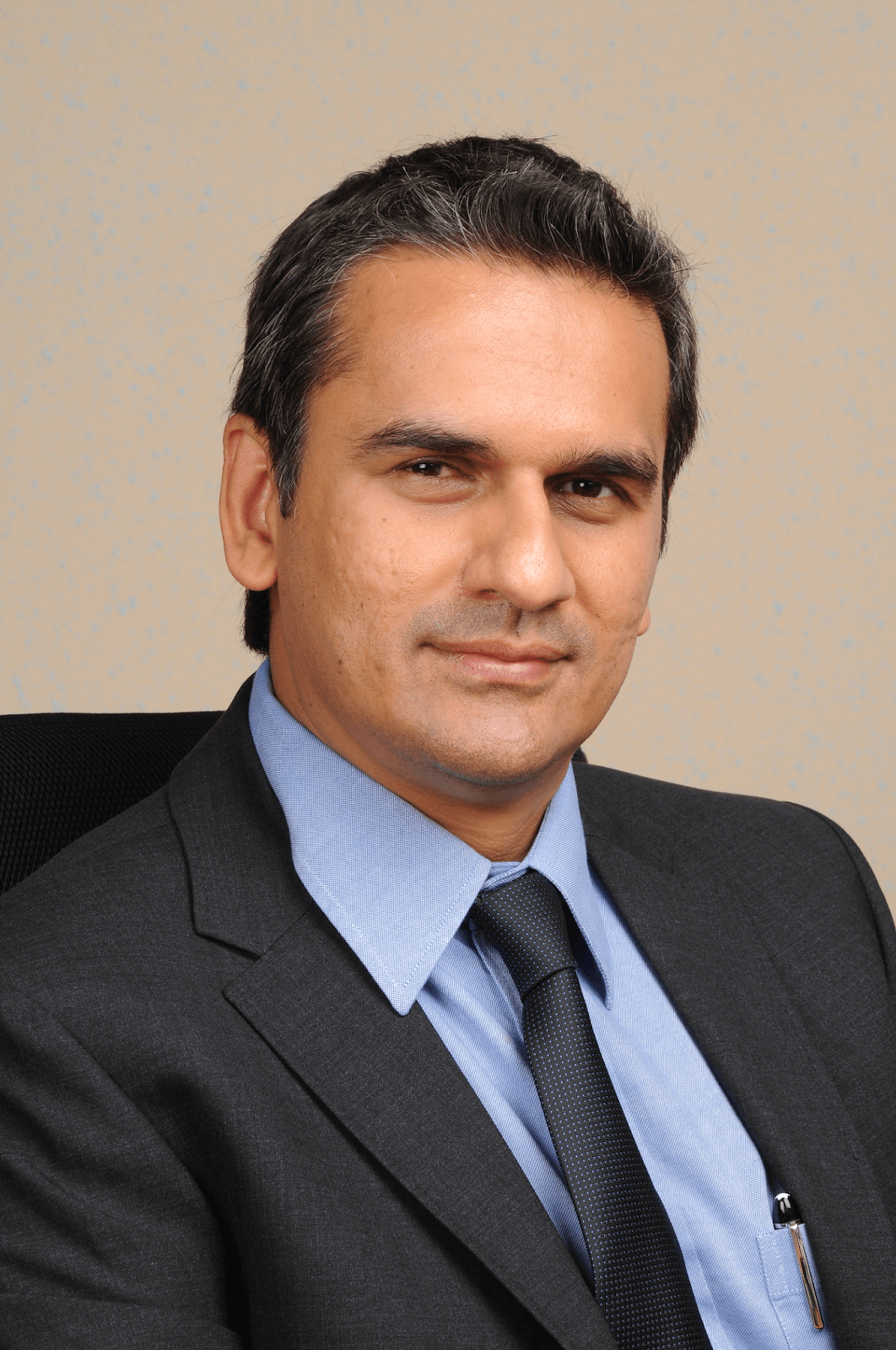Placing equality and inclusive leadership at the center of an organization’s core values is essential to accelerating change in the global food and agriculture industry. Thanks to the implementation of diversity objectives, more and more companies are committed to finding concrete solutions to combat gender inequalities.
Sunil Nayak, CEO of Corporate Services Worldwide at Sodexo and member of the Women in Food and Agriculture Advisory Board will speak at this year’s WFA Summit in Frankfurt. Sodexo is a global leader in the foodservice, catering, real estate and facilities management industries. With 54% women on Sodexo’s Board of Directors and 32% women in leadership positions, Sodexo has made a very public statement to make accurate gender representation a business imperative. As a senior executive within the company, Sunil Nayak has played a vital role in promoting diversity and inclusion within the organization for over 13 years.
Prior to the event, he took the time to highlight the key challenges facing global foodservice companies today, share personal insights into how industry CEOs can provide support for the next generation and explain the value of D&I leaders coming together to learn and share experiences. at the WFA Annual Summit.
Can you tell us about your professional background in the food industry?
Sunil Nayak: I work as CEO for Corporate Services Segment Worldwide at Sodexo and I am a member of the Group Executive Committee. This involves managing 32 territories with more than 10,000 client sites and leading a team of nearly 100,000 people. I am also a member of the advisory board of Catalyst Europe which aims to accelerate the progress of women through inclusion in the workplace.
From the very beginning, when I launched a small food start-up, my career path in the foodservice industry has been exciting. From starting a food cart business, I developed a cleaning business, which was sold to Radhakrishna Hospitality Group (RKHS), an Indian food service company. RKHS became the largest foodservice company in India before being taken over by Sodexo in 2009. It was then that I took over as CEO of Sodexo India and after a few years of the wider Asia-Pacific region.
As Executive Sponsor of Diversity, Equity and Inclusion at Sodexo, I am committed to providing direction and leadership to SoTogether – a global advisory board that has been the cornerstone of Sodexo’s strategy. Gender Equality Department and is dedicated to fostering gender balance by advancing women at all levels of the organization.
What are the biggest challenges facing global foodservice companies like Sodexo today?
Sunil Nayak: The impact of technology on consumer expectations has redefined how catering companies should engage, produce and deliver their services. Additionally, the need for mass customization has changed the paradigm. COVID has accelerated this trend, with work being distributed and no longer in one place, forcing food services to adapt further. Accelerating transformation is our greatest challenge.
The fact that Sodexo’s Board of Directors has 54% women is a great achievement for gender diversity and the advancement of women’s careers in this sector. What advice can you give to business leaders who are striving to advance the representation of women in senior management?
Sunil Nayak: DEI is the key to the success of every business. With 50 percent of the population being women, it is expected that there will be equal representation in all parts of an organization. This includes sector boards, senior management and operations. Within Sodexo, gender diversity is a business imperative where change starts at the top and is supported by many DEI groups that help keep the conversation going. We also have HR practices like various slates, mentoring and goals that we can track. Building an inclusive environment means our teams can get to work and feel safe, which we believe is key to bringing out their best.
Can you name some of the challenges facing CEOs in our industry today?
Sunil Nayak: Attracting and retaining the right talent, keeping them engaged and equipping teams with ever-changing skills is a major challenge. We have multi-generational and diverse teams working and we need to be able to understand their needs, which may be different from what we think.
How can CEOs provide support to the next generation and ensure that all staff members reach their full potential?
Sunil Nayak: Role modeling is a good start, listening to teams and creating an inclusive environment that allows teams to perform at their best. This must be supported by development, recognition and flexibility in their working methods.
Why do you think it is important for DEI sector leaders to meet in person?
Sunil Nayak: The richness of face-to-face meetings and discussions is paramount. I believe that the true power of a group lies in how human contact creates an intangible essence, a culture and a collective emotional intelligence.
Even with easy access to technology and online meetings, there is no substitute for physical presence. Our creativity, confidence and empathy are closely linked to face-to-face contact. Meeting in person adds value to our relationships, performance and mood.
What are you most looking forward to learning and discussing at the WFA Summit in June?
Sunil Nayak: I look forward to engaging, listening and learning from people with different viewpoints and perspectives. I also look forward to hearing about their concerns and new approaches due to the great impact COVID has had on people.

